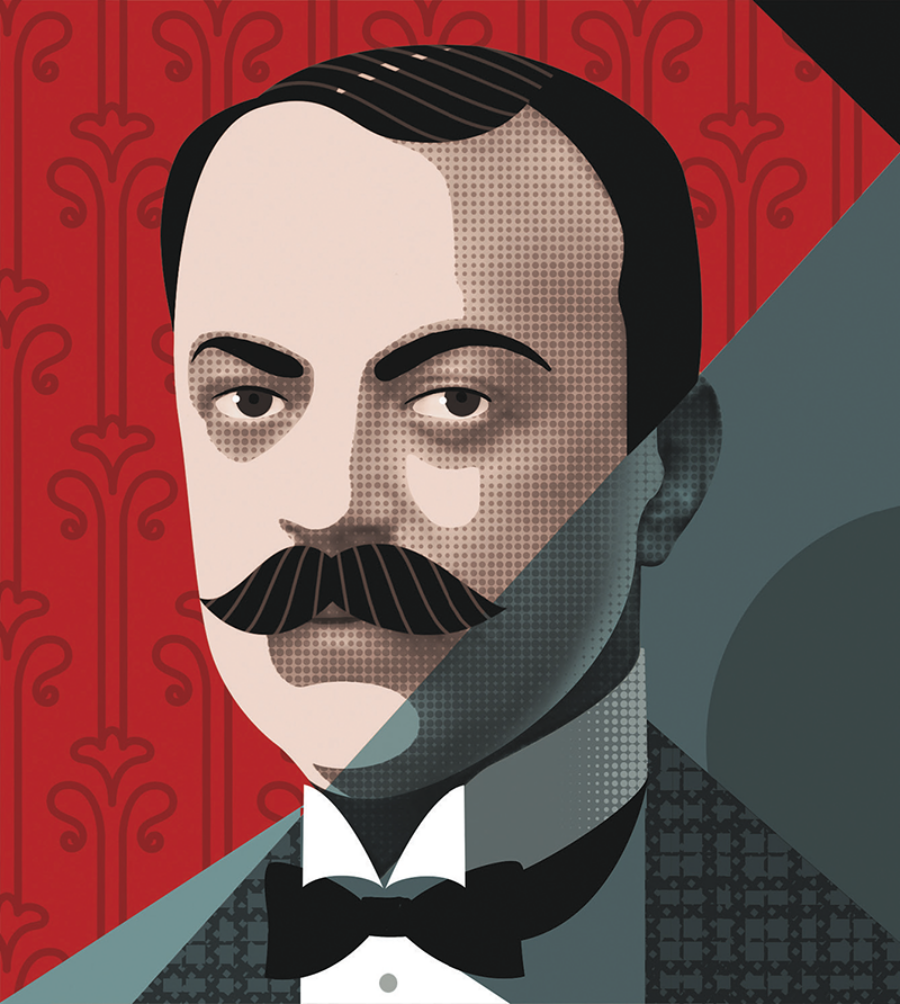
Illustration by Pierluigi Longo
Discussed in this essay:
A Very Old Man, by Italo Svevo, translated by Frederika Randall. New York Review Books Classics. 224 pages. $15.95.
“Mario Samigli was a man of letters, getting on for sixty years old. A novel he had published forty years before might have been considered dead if in this world things could die even when they had never been alive.” So begins Italo Svevo’s comic novella A Perfect Hoax (1926), written after he himself had passed the age of sixty. Though a failed writer, Mario has managed to make a life for himself by…






































































































